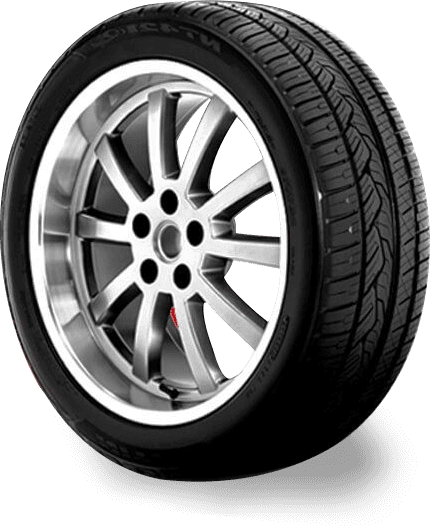
Sep . 10, 2024 13:15
Back to list
صمام التحكم الهوائي
Understanding Air Control Valves A Comprehensive Guide
Air control valves are essential components in various industrial applications, playing a crucial role in regulating airflow within pneumatic systems. These valves are designed to control the pressure, flow rate, and direction of compressed air, ensuring the efficient operation of machinery and equipment. This article delves into the functionality, importance, and applications of air control valves.
What Are Air Control Valves?
Air control valves are devices that manage the flow of compressed air in a system. They can be automated or manually operated, allowing for precise control over the air pressure and flow rates. Commonly utilized in pneumatic systems, these valves come in various types, including solenoid valves, gate valves, and ball valves, each tailored to specific applications and operational requirements.
How Do They Work?
The operation of air control valves is based on the principle of pressure differential. When the valve is opened, compressed air flows through the valve body, and the movement is regulated by the valve's design and mechanism. For instance, solenoid valves use an electromagnetic coil to control valve opening and closing, providing rapid and reliable operation. Conversely, manual valves require physical intervention to adjust the flow, giving operators direct control over the system.
The selection of an appropriate air control valve depends on factors such as the required flow rate, operating pressure, and the specific application in which it will be used. Proper sizing and configuration ensure that the system maintains efficiency and avoids pressure drops.
Importance of Air Control Valves
Air control valves play a pivotal role in the smooth functioning of pneumatic systems. They offer several advantages
.
2. Safety They ensure that pressure levels remain within safe limits, preventing potential hazards such as leaks or system failures.
صمام التحكم الهوائي

3. Flexibility Air control valves can be adjusted to accommodate varying operating conditions, making them versatile components for diverse applications.
4. Automation With advancements in technology, many air control valves can be integrated into automated systems, enhancing operational efficiency and reliability.
Applications of Air Control Valves
Air control valves are widely used across multiple industries, including
- Manufacturing They are essential in controlling air supply for pneumatic tools and machinery, enhancing automation and productivity.
- Automotive Air control valves are integral in systems such as brake assist and air suspension, contributing to vehicle safety and performance.
- HVAC Systems In heating, ventilation, and air conditioning, these valves help regulate airflow, improving comfort and energy efficiency.
- Construction Pneumatic tools used in construction rely on air control valves to operate effectively, ensuring powerful and precise performance.
Conclusion
In conclusion, air control valves are vital components in the efficient functioning of pneumatic systems across various industries. Their ability to regulate compressed air flow not only enhances operational efficiency but also plays a crucial role in ensuring safety and flexibility. As technology continues to advance, the evolution of air control valves will likely focus on improved automation, reliability, and energy efficiency, solidifying their importance in modern industrial applications. Understanding their functionality and applications is essential for professionals working with pneumatic systems and can contribute to better design and operational strategies.
Latest news
-
Safety Valve Spring-Loaded Design Overpressure ProtectionNewsJul.25,2025
-
Precision Voltage Regulator AC5 Accuracy Grade PerformanceNewsJul.25,2025
-
Natural Gas Pressure Regulating Skid Industrial Pipeline ApplicationsNewsJul.25,2025
-
Natural Gas Filter Stainless Steel Mesh Element DesignNewsJul.25,2025
-
Gas Pressure Regulator Valve Direct-Acting Spring-Loaded DesignNewsJul.25,2025
-
Decompression Equipment Multi-Stage Heat Exchange System DesignNewsJul.25,2025

